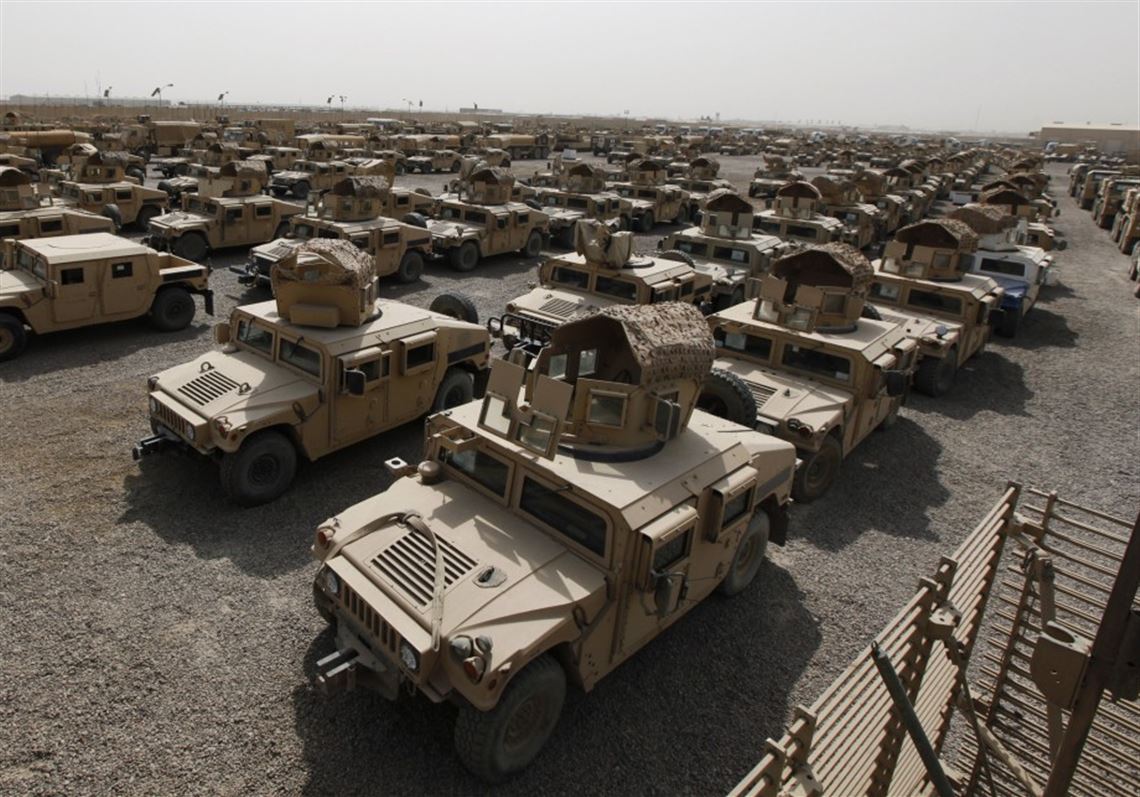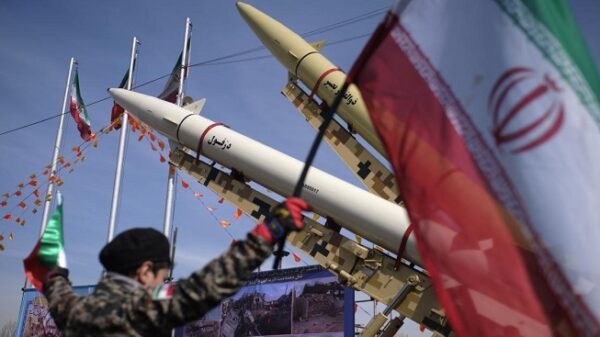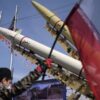WASHINGTON: The United States spent $290 million every day for 7,300 days on its war efforts and nation-building projects in Afghanistan, says a report compiled by Brown University.
That’s how the United States ended up spending more than $2 trillion in the last 20 years in Afghanistan, the report by the university’s Costs of War project added.
The report – highlighted by several major US media outlets — points out that the money helped “create a tiny class of young, ultra-rich Afghans,” many of whom started as interpreters for the US army and became millionaires.
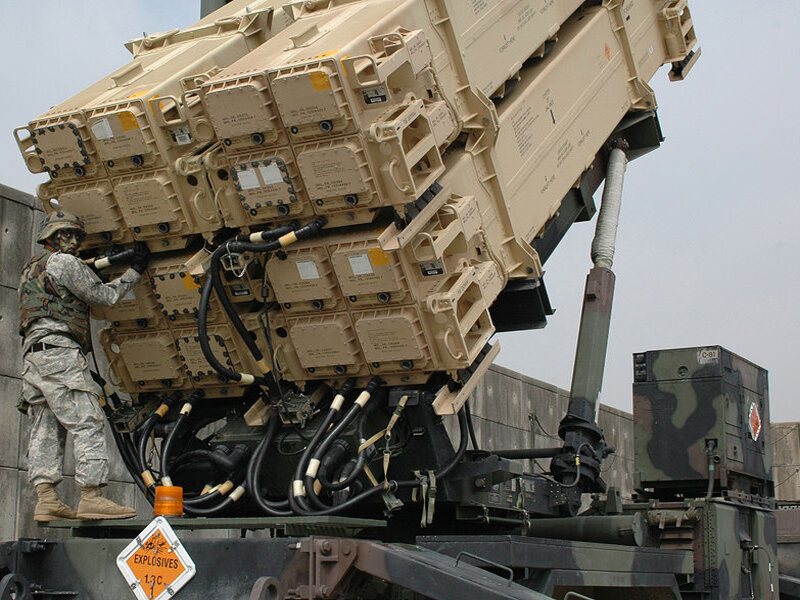
The “contracts helped fuel a system of mass corruption that engulfed the country and, eventually, doomed its fragile democracy,” commented a US news channel CNBC in its report on the university’s findings.
The US made all these efforts in rebuilding Afghanistan, “yet it took just nine days for the Taliban to seize every provincial capital, dissolve the army and overthrow the US-backed government.” CNBC added.
In an interview with the Pentagon watchdog SIGAR, Ryan Crocker, a two-time US ambassador to Afghanistan, blamed this post-9/11 corruption for America’s failure.
“The ultimate point of failure for our efforts, you know, wasn’t an insurgency,” he said. “It was the weight of endemic corruption.”
Ambassador Crocker believes that the US bears responsibility for much of the corruption in Afghanistan because it flooded the country with billions of dollars more than its economy could absorb.
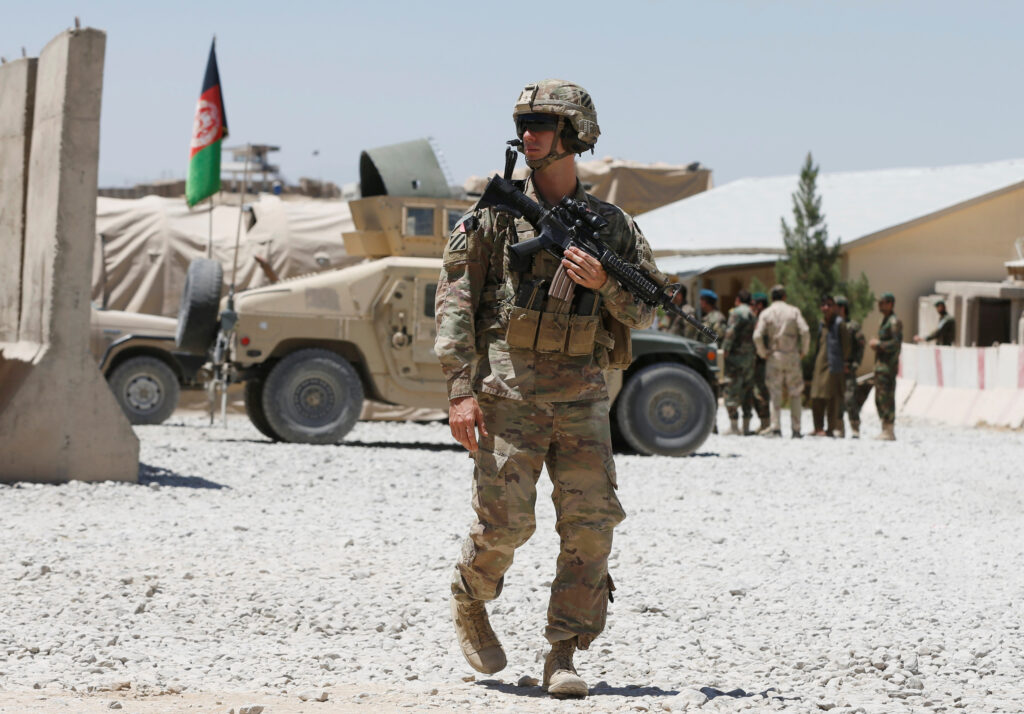
“You just cannot put those amounts of money into a very fragile state and society, and not have it fuel corruption,” he said.
Yet, in the early years of the war in Afghanistan, awarding government contracts to Afghan nationals was seen as a key part of the overall US counterinsurgency strategy.
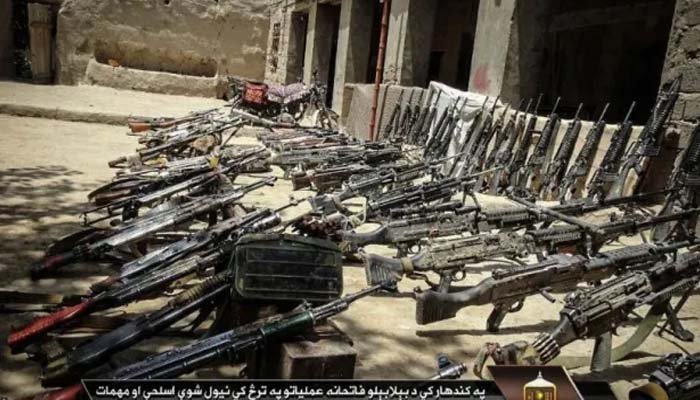
The CNBC report quotes from a 2011 congressional report, which argued that awarding contracts to Afghan nations, “provides job training, builds support among local nationals, and can give the US a more sophisticated understanding of the local landscape.”
Several of these Afghan millionaires started out as interpreters for the US military and often their loyalty was the only criterion for getting these defence contracts.
One of them was Fahim Hashimy, an English teacher in Kabul on Sept 11, 2001, who was also hired as an interpreter when the US army arrived. Later, he set up a company supplying military bases with goods and fuel.
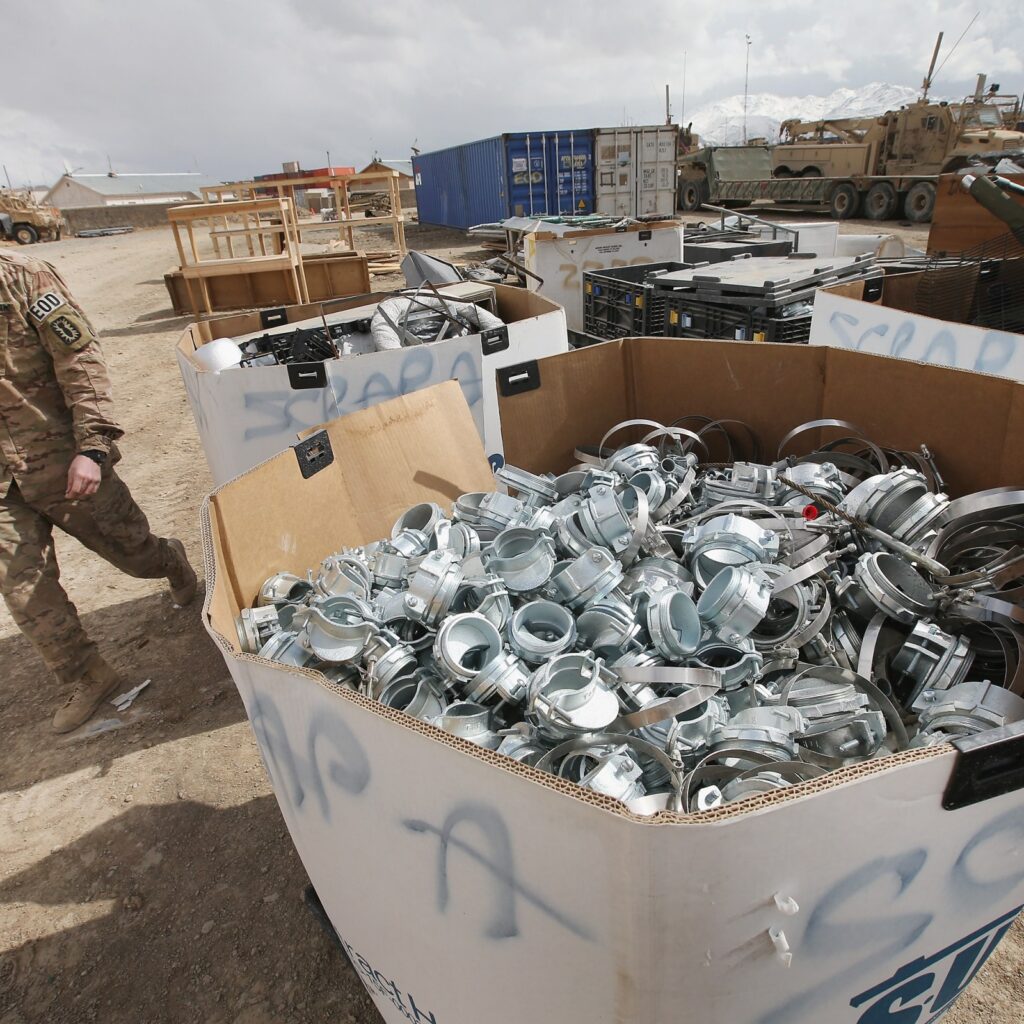
“Today, that company, the Hashimy Group, is a large conglomerate with a TV station, manufacturing facilities, real estate investments, trucking and a fledgling airline, all based in Afghanistan.
Hashimy, however, is not shy of blaming corruption for the collapse of the Kabul government last month.
“The bottom line is corruption is the biggest problem we have,” he told the US National Public Radio in 2013. “I think the corruption’s not only causing negative impacts on the businesses, but it also has a direct link with the insecurity,” he said.
Another 9/11 millionaire is Hikmatullah Shadman who too was an interpreter for the US army. In 2007, after five years of interpreting, Shadman rented a truck and began delivering fuel and supplies to the American base.
In 2009, Shadman’s company billed the Department of Defence for $45 million. And between 2007 and 2012, Shadman’s trucking company collected $167 million from US government contracts, the CNBC report added.

In 2012, the US Department of Justice accused Shadman of paying kickbacks to American soldiers and Afghan government officials in exchange for his contracts. He was also accused of grossly inflating his costs and billing the Pentagon for work that was never done.
But it wasn’t just Afghans who abused the American contracting system in Afghanistan.
In 2014, Netherlands-based Supreme Group pleaded guilty to fraud charges and agreed to pay $389 million in fines and damages, one of the largest penalties ever imposed on a defence contractor at the time.
But most of the reports published this weekend noted that “The vast majority of the contracting fraud and corruption in Afghanistan went unreported and unpunished.”
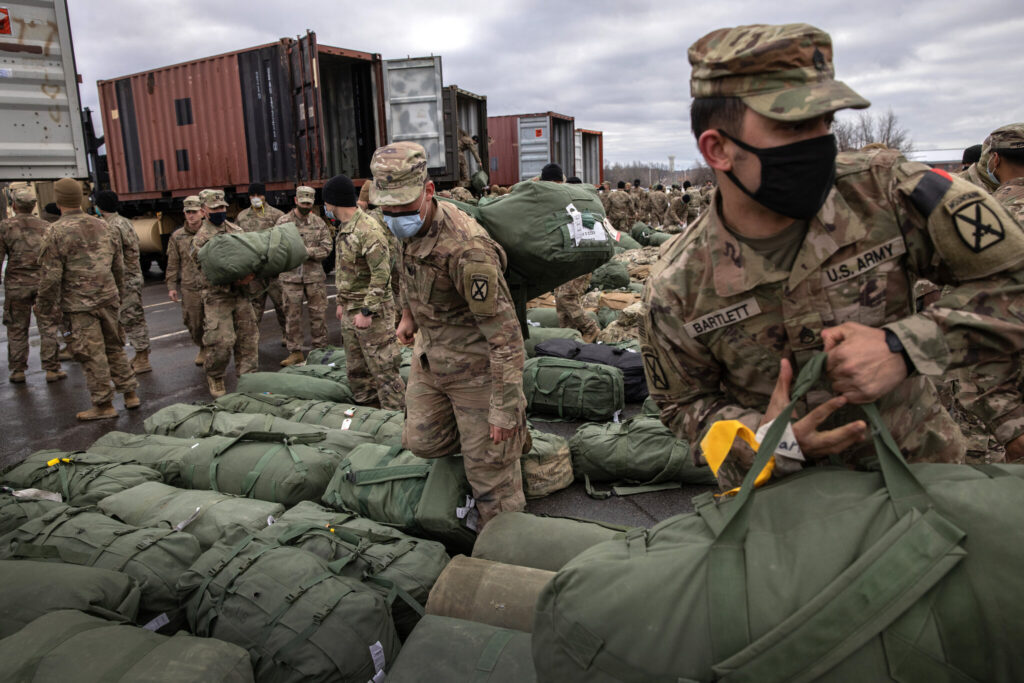
According to a Pentagon analysis, 40 per cent of the $108 billion that the US Defence Department paid to contractors in Afghanistan between 2010 and 2012 ended up in the hands of either the Taliban, the Haqqani network, organised crime rings, drug traffickers or corrupt Afghan officials.
Media person and communication expert for over 25 years. Worked with Dow Jones News, World Bank, CNBC Pakistan, Aaj TV, ARY TV, Abbtakk TV, Business Recorder, Pakistan Observer, Online News Network, TTI Magazine and other local and world Publications.


